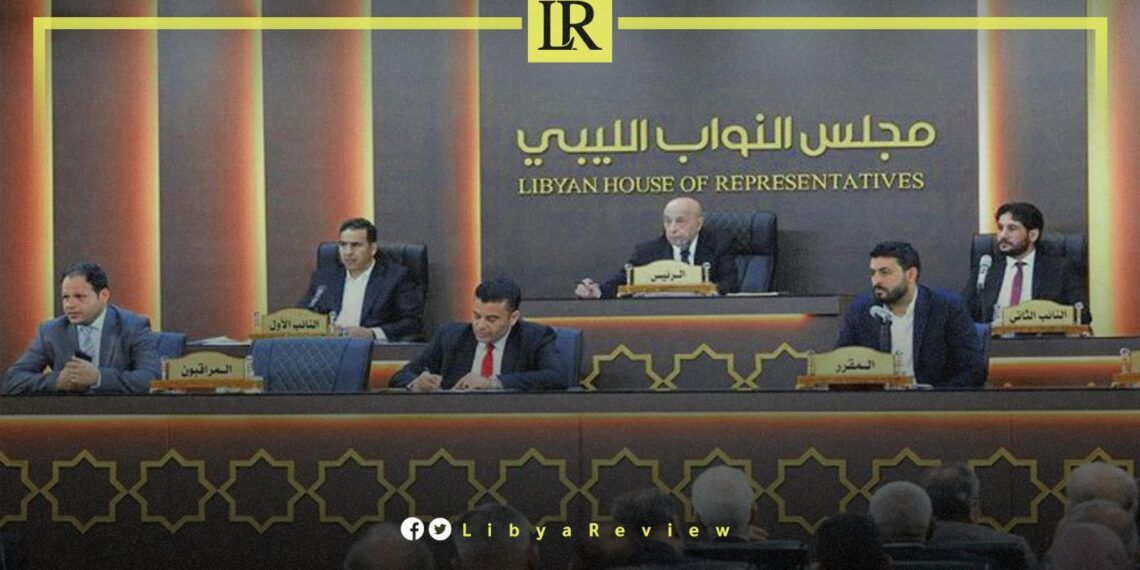On Sunday, a Libyan Parliamentary committee requested the Government of National Unity (GNU) to significantly reduce its diplomatic workforce.
The committee proposed a 50% cut in staff across Libyan embassies and consulates worldwide, a measure aimed at alleviating the anticipated budget deficit and aligning expenditures with projected state revenues.
The directive, outlined in a letter by Omar Tantoush, chairman of both the Planning, Finance, and General Budget Committee and the Budget Restructuring Committee, was specifically addressed to the GNU Prime Minister Abdul Hamid Dbaiba.
The letter highlights the critical financial restraints Libya faces as it navigates through its post-revolutionary phase.
The initiative is rooted in the expected budget shortfall for 2024, underscored by projections from the National Oil Corporation and measures being taken to limit spending, especially in foreign currency transactions.
Tantoush’s communication with Dbaiba calls for immediate action from the Ministry of Foreign Affairs and International Cooperation to enforce the workforce reduction to stabilize Libya’s fiscal outlook.
In making his case, Tantoush references several key legal and financial documents, including:
A decision by Ageela Saleh, Speaker of the House of Representatives, to establish a committee for restructuring the state’s 2024 general budget.
Correspondence from the Central Bank of Libya addressing budgetary requests, and a letter from the Budget Committee to the President of the Presidential Council, all aiming to provide a consolidated framework for the proposed fiscal adjustments.
Since the 2011 fall of Muammar Gaddafi, Libya has grappled with deep political fragmentation and economic instability. The formation of the “Government of National Unity sought to pave the way towards national reconciliation and eventual democratic elections.
Yet, achieving fiscal sustainability has emerged as a formidable challenge, exacerbated by volatile oil prices and the urgent need for economic reform.
The House of Representatives’ recommendation to halve the number of diplomatic personnel abroad underscores a critical aspect of Libya’s broader strategy to manage its finances prudently.
This move reflects the complexities of balancing diplomatic outreach with the imperative of fiscal responsibility, as the nation strives to secure a stable and prosperous future amidst ongoing transitions.


